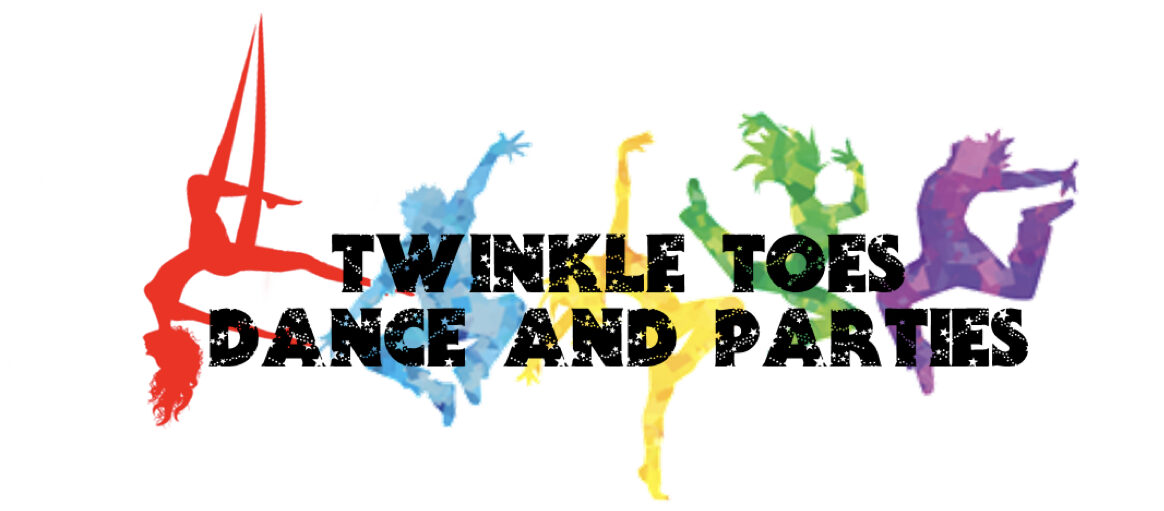Here you will find details on our Child protection Policy and procedures.
It is the aim of Emily Hale Twinkle Toes Dance and Parties to provide efficient, up-to-date, enjoyable and safe instruction in dance to all students who enrol or join in the classes or activities.
Safeguarding and Child Protection Emily Hale Twinkle Toes dance and parties is committed to protecting all of the young people in our care, and all our teachers are DBS checked. I am also a licensed chaperone.
I will promote awareness of the policy ensuring that my teachers and helpers are knowledgeable about child protection and that they undertake any training considered necessary to keep updated on new developments. We recognise that we have an explicit duty to safeguard and protect children from abuse as defined in the Children Act 2004 and the Education Act 2002.
Everyone shares an objective to help keep children, young people and vulnerable adults safe by:
- Providing a safe environment to learn and play in.
- Identifying and responding to children, young people and vulnerable adults in need or support and / or protection.
- Supporting children’s development in ways which will foster a sense of self-esteem and independence.
- Fostering a learning environment in which every student feels valued and able to articulate their wishes and feelings in their preferred method of communication in an atmosphere of acceptance and trust. We will endeavour to ensure that children and vulnerable adults are protected from harm while they visit or are attending classes or activities. We will do this by:
- Making sure our staff are carefully selected.
- Providing appropriate training for staff in issues of child protection.
- Ensure all teachers hold an enhanced Disclosures & Barring Service check.
- To establish and maintain an ethos where children and young people feel secure and are encouraged to talk and are listed to.
- Taking all reasonable steps to ensure the health, safety and welfare of any child or vulnerable adult in contact with us.
- Not physically, emotionally or sexually abusing any child or vulnerable adult in contact with us.
- Taking all reasonable steps to prevent any staff member, persons working for us or member of the public from putting any child or vulnerable adult in a situation in which there is an unreasonable risk to their health and safety.
- Reporting any evidence or reasonable suspicion that a child or vulnerable adult has been physically, emotionally or sexually abused in contact with us
- Referring to statutory authorities all incidents reported to me
- Implementing this policy in conjunction with our Health and Safety guidelines already in place.
- Admission Procedure – A register of names, important health information, next of kin, postal and email addresses and telephone numbers for emergencies will be kept.
Child Abuse Guidance The NSPCC has a written document which outlines the requirements for professionals reporting child abuse in the United Kingdom.
To read this information see: www.nspcc.org.uk/Inform/research/questions/reporting_child_abus e_wda74908.html
The Department of Health website www.doh.gov.uk contains a practical guide to the law relating to child protection, particularly The Protection of Children Act 1999. The site also provides a publication entitled: “What to do if you’re worried a child is being abused”. This publication has been developed to assist practitioners to safeguard and promote the welfare of children. It sets out the process for safeguarding children. It is aimed at those who come into contact with children and families in their everyday work.
Photographing & Videoing Children Taking Photographs or Videos of children are approved or declined by parents during the Emily Hale Twinkle Toes Dance and Parties sign up process.
General group photographs may be used if no individual can be identified by reason of any attached data.
Code of Behaviour People working, or Volunteering at Emily Hale Twinkle Toes Dance and Parties must always observe the following requirements where children, young people or similarly vulnerable people are concerned. Do:
Behave professionally
Listen to children
Treat everyone with respect
Communicate at an appropriate level
Report any suspicions
Be aware, approachable and understanding
Do Not:
- Harm a child or frighten a child
- Touch inappropriately
- Use inappropriate language
- Threaten, shout or be aggressive
- Force a child to do something they do not want to do
- Mistreat, demean, ignore, or make fun of
- Show favouritism to any one individual or groups of individuals
- Let a child expose him/herself to danger
- Make racist, sexist or any other remark which upset or humiliate
- Take photos of children without permission.
